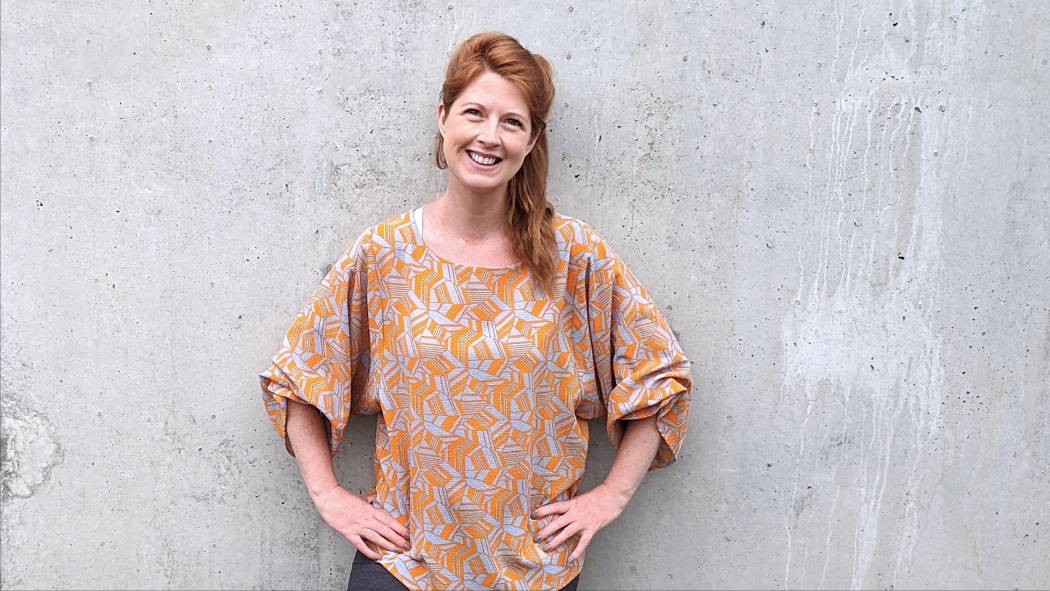Covid-19 has affected a wide variety of businesses in Hong Kong. But with visitor arrivals to the city down by 96.4 per cent, 98.6 per cent and 99.9 per cent in February, March and April, respectively, industries that rely on a steady stream of tourists have undoubtedly been among the hardest hit.
“The coronavirus has devastated the tourism industry,” said Laura Blackhall, founder of Hello! Hong Kong, a tour company that has been operating locally since January 2014 but which, she said, has generated zero income since January.

“At the end of January, our guests started cancelling their trips to Hong Kong in light of health concerns. One week later we had absolutely no bookings left in our schedule for February,” she added.
“When the US went into lockdown, we had an onslaught of cancellations for all future bookings. To be very honest, we were already running 50 per cent down on bookings following many months of protests, so it didn’t take long to completely clear us out.”
As is typical in the industry, Hello! Hong Kong’s seven tour guides work on a freelance basis, so when there are no bookings, they don’t get paid.
“When you work as a tour guide in Hong Kong, and most other countries, you are actually working as freelance staff,” said Blackhall. “Even if you are employed by a company and receive MPF, you are still typically paid per tour that you lead. But right now, when there are no tours, it means that tour guides have absolutely no income.”

When the tours first dried up, Blackhall offered her guides interest-free loans from her own savings to bridge the shortfall, but with no end to the tourism slump in sight, this has proved unsustainable.
Under the government’s Travel Agents and Practitioners Support Scheme, freelance accredited tourist guides are entitled to a subsidy of HK$5,000 per month for six months, with the first payments scheduled for July. But as Blackhall points out, “That’s an awfully long time to have had to go without any income. And, as we all know, HK$5,000 does not go very far in Hong Kong.”
Citing wage support schemes of up to 80 per cent being paid by governments elsewhere in the world, Blackhall said she believes the Hong Kong government could be doing more to help workers survive financially.
She also sees opportunities for the government to stimulate the local economy and encourage domestic tourism by subsidising prices.
“If the government could launch a subsidy scheme where it would, for example, cover half of the cost of local experiences, whether they be meals in restaurants, visits to paid attractions or to participate in tours like ours, then everyone would win. Businesses like mine could get their cash flow kick-started again, which will help us to cover staff wages, and people will be able to have some fun and enjoy some great activities again, which they otherwise might not be able to afford,” she said.

Indeed, as soon as Hong Kong relaxed its social distancing rules to allow gatherings of up to eight people, Blackhall already began tailoring her business towards domestic tourism, designing three new tours aimed specifically at Hong Kong residents.
“These tours are different from our normal offering to overseas visitors. They go much deeper into Hong Kong’s history and provide more detailed cultural insights,” she said. “We have partnered with local businesses for these tours to help support other small firms that have also been struggling through this crisis.”
Even when the tourists start to return, however, Blackhall acknowledges that her industry will inevitably have to adapt to the needs of the post-coronavirus world – something that could benefit smaller tour companies like Hello! Hong Kong.
“I think in a post-Covid-19 world there will be more demand for [small group and private tours] and a move away from the larger coach tour-type experience,” she said. “I actually think that we are well-positioned in the market for the return of tourism.”
